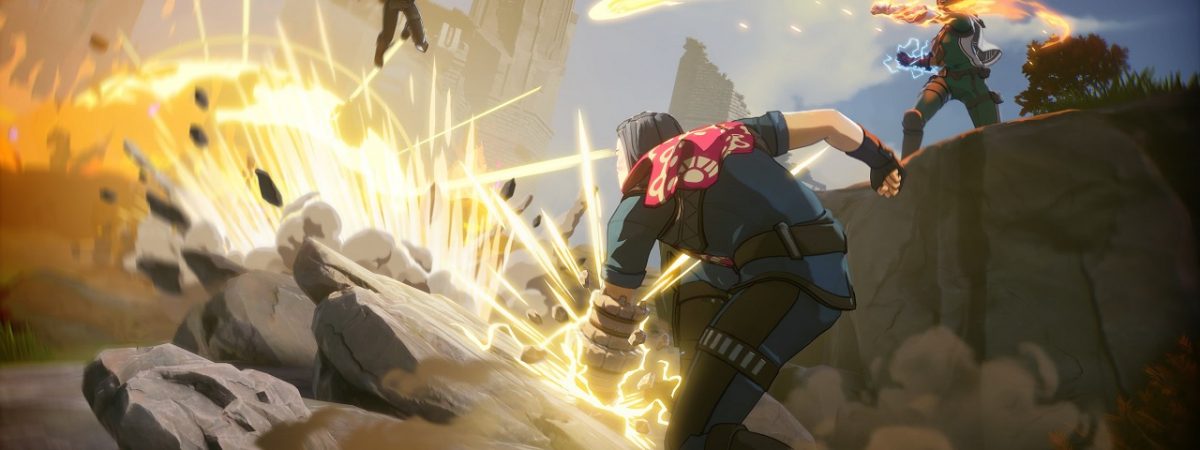With the recent launch of both the next-generation Xbox and PlayStation consoles, the merging of EA Play with Xbox Game Pass, and the acquisition of Bethesda by Microsoft, the gaming industry is about to enter a major new era; one where many of the established norms could shift dramatically, particularly in areas like remote work, spurred on by the 2020 lockdowns.
To discuss the topic of the future of game development, we recently spoke with Jacob Hawley, the founder of TLM Partners and former Worldwide Director of Technology for 2K Publishing at Take-Two Interactive. In an in-depth discussion, we delved into how TLM Partners is looking ahead to the future of remote development, and seeking to scout the next generation of game developers. We also discussed the likely futures of VR, cloud-based gaming, and more.
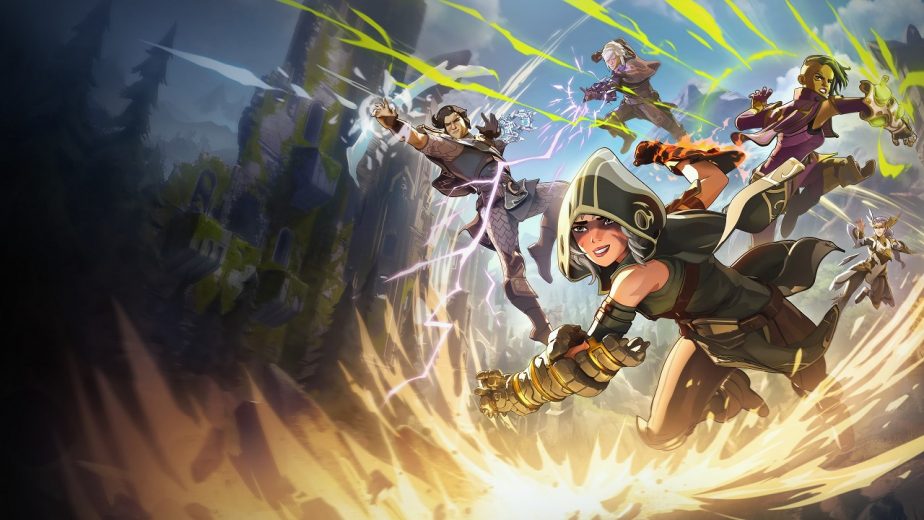
The Future of Game Development: An Interview with Jacob Hawley
For the benefit of our readers, could you tell me a bit about how you got into the gaming industry, up to the founding of TLM Partners?
“So, I’ve been in and around the games industry for almost thirty years. I really got my start back in the 90s, I had left a defence contractor that was doing simulations, and I was brought onboard a company called Creative Labs, and at the time, Creative was the only sound solution for video games, so I ended up heading a team that created Sound Blaster for PCIs, so sort of the foundation of sound in video games – this was pre-DirectX and consoles.
“So, through that process, I had a custom engineering team & custom design team that was doing development with the major engines of the time. The major engine at the time was of course id Software, doing Quake and Doom, and then of course LithTech was very popular and Eidos had just gone public, and there’s a small, little company called Epic. So, I signed a deal with this guy, Mark Rein, at the time to put him in every single sound card we shipped. Now, keep in mind that we shipped millions and millions of sound cards a month, and so we put a little demo of Unreal Tournament in every single sound product we shipped. I believe that year Unreal Tournament was the #1-selling game of circa 1997.
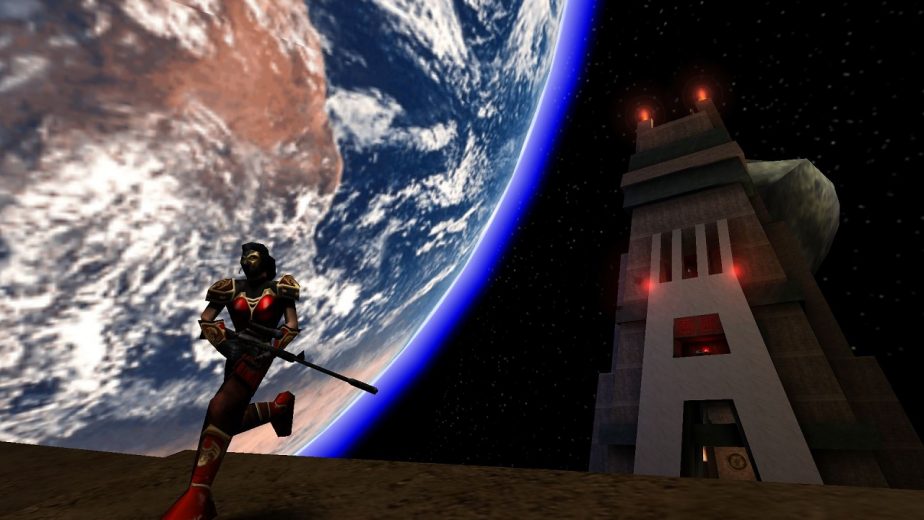
“Fast-forward to today, I parleyed that into the development of many video games. I’ve shipped over twenty-two triple-A video games, I’ve founded several game companies and had successful exits from them, I’ve sold companies to Microsoft, to Electronic Arts, to Nokia, and others, and in 2017 I had just sold my shares in my last game adventure and I was approached by a major console manufacturer that said, ‘hey, look, we’ve got some concerns around physics, we’ve got a long history with you, would you be willing to help us prototype a solution?’
“So, they gave us a small investment to get started, and that became what is now TLM Partners. We are a completely cloud-based developer. we very proudly have a lot of veterans who have been there, done that, shipped a lot of amazing titles – quite literally some of the best titles that have ever shipped in the world. We also have a teeny little indie publishing group, and we’re trying to bring independent developers to market in emerging marketplaces such as South America, Eastern Europe, and others. So, we’re out there sort of scouring the Earth trying to find the next generation of great game developers; to try and foster them, build them up, and give them the tools to go out and build their own triple-A games.”
So is that your primary goal, with TLM Partners? Scouting the next generation of talent?
“Yeah. I mean, what I would love to be known for… I love the video games that I’ve shipped, but I would… you know, I look at some of the things Xerox PARC did in the early days of computers, and I look at some of the stuff that Bill Gates pioneered, I look at some of the things that Steve Jobs brought to market – I would much rather be known as the gold standard for new developers; that I gave the opportunity to the next Bill Gates. I would love to be known for being the guy who gave that opportunity to some guy in South America who went on to be a multi-billionaire. I don’t need any part of that, I just would love to help find that creative spark.
“I think that we’re very focused on North America and we’re very focused on central, western Europe, and there’s amazing talent out there outside of North America and western Europe if we just go and put a little effort into it. You know, we’ve got our centres of excellence down in Central America, South America, where we’re literally partnering with major universities to put curriculum in place, teach them Blender, teach them Unreal, teach them how to be console devs.

“We then offer them internships, and we’re paying them – in their country – top-dollar; for us it’s a totally nominal average wage, and they’re in the upper 1%, so we all win. I’m getting amazing, great, creative talent at a very fair wage that I can then use to go develop games for Activision, or Take-Two, or Warner Bros., or whomever, and everybody wins. To me, it really is this concept of… it’s an old hippie concept, right, from the 60s: How do I think globally but act locally? And so this is my way of trying to give back, and I’ve got an amazing leadership team around me that has a similar ethos and belief system. We’ve all shipped great games, so how do we make it possible for that eighteen-year-old kid in Guadelajara to be able to go and build their own game?“
From that on to the topic of the future of game development – obviously, the big factor this year has been COVID and, by extension, the shift to remote work. How do you think that’s impacted the standard approach to game development, looking ahead?
“Yeah, I think the big challenge… without trying to be disrespectful to my console colleagues… is the console. In order for console development to take place you need one of these devkits and the devkits – it’s very difficult to remote into them, it’s very difficult to not have them present. As we look forward, PC development for sure, there’s no reason why that can’t be remote. I mean, there’s teams that have been doing this for a very, very long time; you can read about this, you know, Business Insider Daily, Bloomberg, etc. Fundamentally, I think CEOs at Fortune 500 companies were terrified of the concept of this remote environment because they didn’t know, ‘Are my employees cheating? Are they not doing what they should be doing? Are they going to the store or watching TV?’
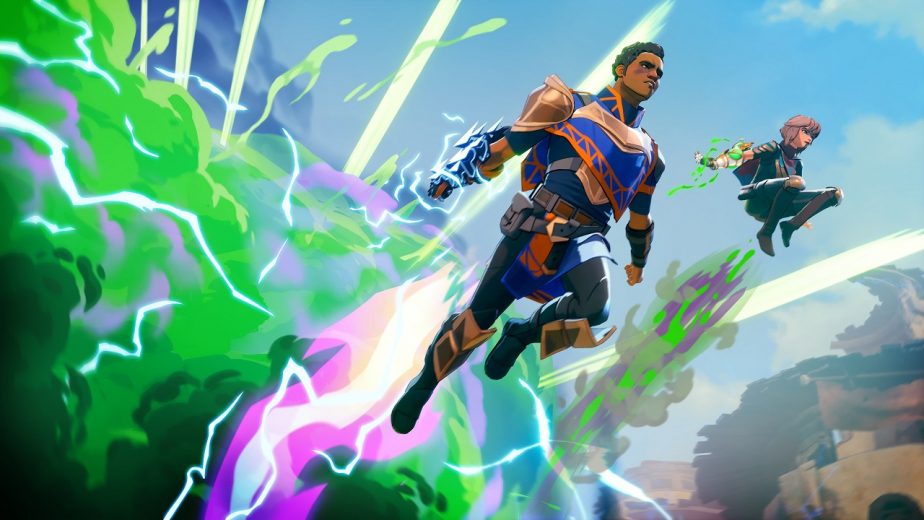
“Fundamentally, game development is about creativity and collaboration, and if you can create an environment – whether that’s online, as we are now, or in a physical building – and inspire people to go and create fun new ways of moving pixels around a screen, that’s game development. We and others like us are making that move. You know, we were already remote before COVID, because I hire people all over the planet. It’s like, wherever I can find somebody smart and talented, welcome to the club!
“I think that the major publishers like Electronic Arts, like Warner Bros., like Take-Two, like any traditional brick-and-mortar publisher – they’ve got millions of square feet that they have to pay for, so it’s going to be harder for them to shed those leases and office spaces and whatnot than it is for the next generation to go, ‘Look, if I’m smart and I build security around my infrastructure and I’m doing everything the right way and signing all the right agreements, I can do development and I can have some people in Asia, I can have some people in Europe, I can have people sort of wherever you want in the world.’
“You know, if Amazon Cloud has proven nothing else – Netflix, Hulu – I can go through a laundry list of multi-billion-dollar companies whose entire infrastructure is in AWS or in Google Cloud, and why not the games industry? I mean, we’re just another software development industry, and all we need to work out is, ‘How do we promote this creativity,’ right? This esprit de corps, and these opportunities for us to really collaborate and make fun stories, and tell really fun interactive tales.”
Assuming that the need for remote work by necessity comes to an end sometime within the next year – you know, we can hope! – do you foresee there being an immediate shift by the industry to adopt more remote work, or do you see there being a bit of a reset from some parts of the industry?
“I think remote work is here to stay, whether you’re in the games industry, in the insurance industry, in any industry. You know, Harvard Business Review, MIT Tech Review – I’ve read a number of articles this year where very large, classic industries have said, ‘Hey, wait a sec, this isn’t so bad. I no longer need a hundred-and-sixty square feet of physical space and electricity, air conditioning, sundries, and all the other stuff that’s supposed to go with that. This isn’t so bad; I’m getting the same amount of work or more.’ So, what I see is this weird sine wave where there’s actually going to be this massive shift to remote work, and then there’s going to be massive burnout.”
“One of the things we already deal with is isolation and loneliness and, like, mental anguish. Setting aside the COVID aspect of it, when you’re not getting up at lunchtime and gathering together with your colleagues and going out and grabbing a curry, or grabbing a burrito or whatever – we’re social creatures and our evolution, our DNA, wants us to be social. So, there’s some aspects that’re going to be the other side of the sine wave, where people are going to be burning out, there’s going to be depression, there’s going to be other issues. We just need to be aware of that, not just as an industry, but as good corporate citizens, that that’s going to take place.

“I think that, to answer your question, there will be some backlash. Places like New York, typically you’re signing twenty-year leases, and to break those leases… there’s a massive financial penalty for getting out of those. So I think that there will be a surge of people going back into their brick-and-mortar. I also think there’s a realisation that this can work if you put in place policies and whatnot, but there’s a lot of changes… let me give you an example:
“I have to pay workers’ comp for all of my US employees. Every single state has a different way of doing that, and it’s just absurd. So, I need workers’ comp in case they slip and fall in their own home? I mean, don’t they have homeowner’s insurance? So, I think that there’s other ancillary industries that are going to need to evolve in order to adopt this new paradigm, because it’s completely shifting business… not just games, I’m not trying to get too far afield of your question, but a lot of things need to adjust in order for this to work. For us, we’re just like, ‘OK, well we’re going to pay you to be in compliance with the law, I guess.‘
“And then for our employees, you know, we give a stipend to our employees to cover internet and cellphone and electrical service, we obviously provide VR headsets and computers and game rigs and all kinds of other stuff. But, anyway, that’s a very long-winded answer to your question!”
No, that’s fine! Well, you just mentioned VR headsets – looking ahead to the future, we’ve seen in this console generation the emergence of VR as a bit more than just a gimmick. Do you think that’s going to remain a fairly small niche for the foreseeable future, or do you see it having more potential, particularly in the context of next-generation hardware?
“I think we’re starting to get to a point where there’s enough units in the marketplace for it to make financial sense. It’s a lot of work – massive kudos and credit to games like Job Simulator, you know, they did an amazing job of doing fun little gameplay without a whole lot of graphics, and so I think people are tolerant enough with it that the market is going to continue to grow. I think it’s always going to be a niche because, you know, my 13-year-old can sit there and put on a headset and spend hours, but me personally, I’m good for about 30-40 minutes and then I need to take it off because my glasses fog up and whatnot.
“I do think it’s an emerging market. I do think that there’s money to be made there. I think that the margins are smaller. I mean, you literally have to rewind back to PlayStation 1, the original Xbox, where you’re looking at much smaller numbers, and so the economics of it just aren’t there compared to Call of Duty, that’s going to ship twenty-million units on day one. So, it’s coming, but I think we’re still at the bleeding edge of acceptance and adoption.

“I personally am a huge fan of AR because I think that AR is so much easier. You know, I can literally hold up my phone and go and play some sort of game. I sit on the board of a company in Boston that does an AR adventure game, and I will tell you, that to me is a market that’s easy entry, easy in, easy out – 10-15 minutes. I don’t need to have a Facebook account or HTC Vive account, I don’t need to spend $30 downloading anything. It’s just so much easier on the mobile platform.
“So, I think that what we’ll see is AR really start to get adopted, as more Pokemon-type things come out and more tools come out. I think that we are still three-to-five years from VR being really profitable. I think people can break even right now, but it’s not a lot of people that are breaking even, it’s very few that are breaking even, it’s still a little bit of a marketing gimmick. I also think that 5G and the emergence of edge compute, where I don’t have to… you know, Quest 2 is a really great example, where it’s only got so much compute that you can wander around freely with, and so the more I can push it into the cloud, to AWS, or NVIDIA or Google Cloud and have most of the compute done there, and then just have the cloud push it onto the headset; that’s really going to move the needle on the market much more substantially.”
On another related topic – last year we had the release of Google Stadia, which had a huge amount of hype and then a fairly middling reception from publishers and gamers alike. With the launch of next-gen consoles as bespoke gaming platforms, do you see a role for that sort of cloud gaming in the future? Was it simply the case that Stadia was ahead of its time?
“They weren’t ahead of their time – there were things like Live Gamer – I think that that was an execution failure, quite frankly, and it was a huge, massive missed opportunity. You know, I’ve quite frankly come to expect a lot more out of a leader like Google than what was presented. I see massive opportunity for cloud-based gaming.

“You know, whether… Sinjin Bain had his company, and he was a little ahead of his time with that platform… I think Amazon – Amazon’s being very, very quiet, right? Lumberyard’s sort of in stasis, but if you go poke around their sites, there’s some really amazing render technologies that they’ve been working on, there’s some really amazing tools that they’re starting to put together. They’ve brought onboard some really interesting industry executives to try and make it easier for them to sort of envelop the game industry, and so what I would expect is instead of a centralised Stadia-esque platform out of Amazon, that they’re just creating a playground and going, ‘Go be the next Netflix of video games, go be the this, go be the that.’
“And that’s sort of where we are playing. We’re like, ‘Hey, look, why don’t we go take advantage of this emerging technology wave and how do we make sure that we’re well positioned to go become the dominant player in the indie publishing space, and really take advantage of the AWS cloud, the Google Cloud, what have you, and really produce very high-quality games that don’t cost a hundred million dollars to make.”
Going from that topic of creating the ‘Netflix’ of gaming, we’ve seen this year during lockdown, huge engagement for Xbox Game Pass, which is now over ten million subscribers – and they’ve now recently merged with EA Play as well. Do you think that this sort of Netflix-style approach in game development, whether it’s cloud-based or not, is likely to get more and more important as we move towards things like disc-less consoles and so on?
“Yes is the very simple answer. I think that the economy for games is fundamentally shifting, no different to when GameFly came onto the market a decade ago and all of a sudden was buying all these copies and mailing them out to people and then returning them. There’s a fundamental shift and as long as the publishers don’t feel ripped off, they’re going to play in that space, and there’s no reason not to do it with Game Pass. You know, it extends the life of the triple-A franchises for sure and it spreads out both the development costs and the revenues associated with that. It’s much more difficult for an indie to play in that space, right?
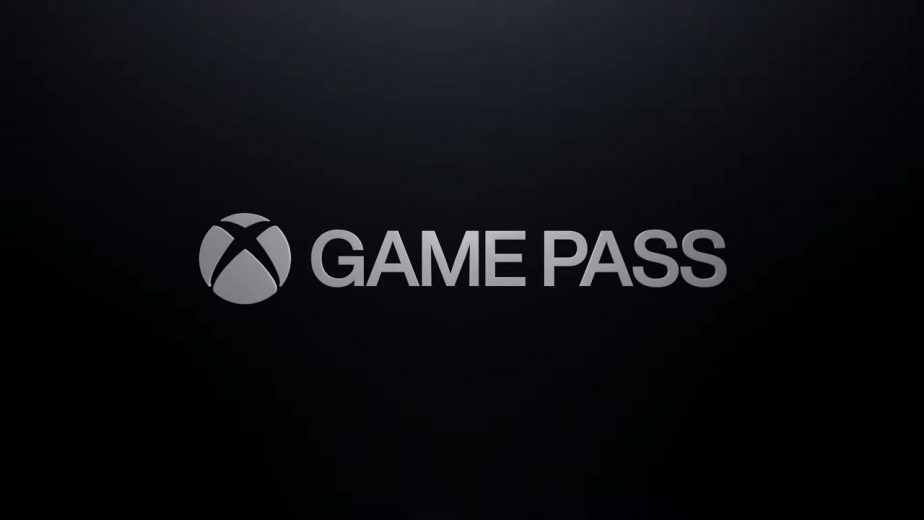
“So, our average deals are pretty small and these guys are often straight out of school – or some of them are even still in school – doing the development. So, to sign them up for a year-long commitment or longer, the economics aren’t always there. But I absolutely think that for triple-A and above, yeah, there’s absolutely a place for that. I think we need to cultivate the lower-end of the economy and figure out what a Sundance for video games needs to look like and create the marketplace at the low end… not because it’s lesser quality, there’s some amazing films that are shot for $300,000 that are on par with a multi-billion dollar release.
“So, again, how do we foster that level of creativity to really get that amazing gameplay and game mechanics, and yeah sure, maybe version 2 will be that it has a bigger budget and better graphics and whatever else, but if you can really find the gameplay – that coin-drop experience that you just want to keep dropping quarters and keep dropping quarters – that’s what we’re going for, without feeling ripped off, right? You know, I’m not going to poke any of my clients that get thousands of dollars from me from my iPad games because everything costs 99 cents, like OK, that’s an economy too. But I think that there’s… yes, very specifically, there’s a digital-only subscription service to be had, and hopefully we will be participating.”
So, before we wrap up – are there any projects that you can talk about at the moment with TLM that you’re excited about that might be coming in the near future?
“Do you want to talk about triple-A or talk about, you know, indie pets?”
Either!
“We’re very excited about the ongoing work we’ve had with Proletariat and with Spellbreak, we think that that’s an amazing title, and it really hits that sweet spot of indie project out there. We’re very proud of the work that we’ve done with Warner Bros. on their Batman title [Gotham Knights]. We have a large, triple-A project we’ve been in pre-production with for several years – that’ll get announced next year, and we’re pretty excited about it.
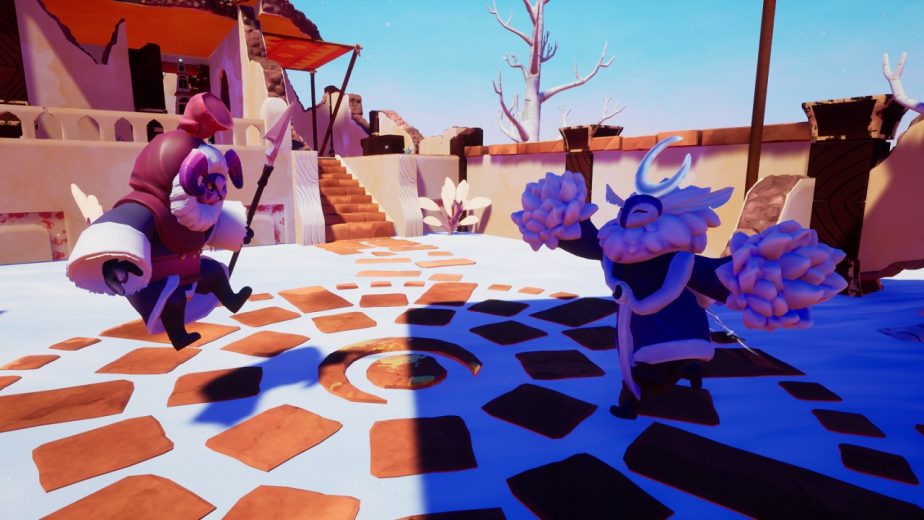
“I’m super, super, super excited about MadLife Games. It’s a little indie group up in Montreal, Canada; we are signing a deal with them this week to publish their title, and that’ll be out probably in Feb-March of next year, and that’s a fun little game. That’ll be our first official published title, and then we’ve got three more in the pipes that are similar, very fun, that are from the indie community and that go to our core of trying to find the next generation of game developers so we can help them succeed.”

